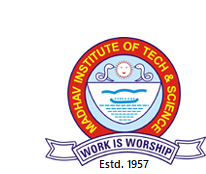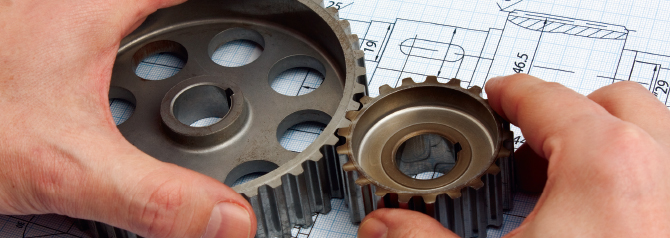
Department of Mechanical Engineering
VISION
"To develop innovative and creative Mechanical Engineers catering the global industrial requirements and social needs"
MISSION
Department of Mechanical Engineering is one of the oldest departments established in 1957 at MITS Gwalior. The Department offers academic programs at two levels leading to Bachelor of Engineering (B.E.) and Master of Technology (M.Tech.). The department is dedicated to the teaching and research activities in the areas of production, design and thermal also in Automobile, Vibration, Energy and Renewable energy and Advanced Machining process. The department educates the students to take up challenging jobs in a wide range of industries and engage themselves in research and development activities for the good of society. The syllabi of the courses are continuously updated and the laboratories modernized to reflect the rapid changes in technology. It also offers high-quality research in the (ME and Ph.D.) programs. Department offers a variety of discipline electives and covers most of the modern technologies. It has state of the art laboratories to provide hands-on experiences and support research activities. A dynamic faculty and an experienced support staff give the department a breadth of academic focus and a wide range of technical expertise. Our full time experienced faculty members have a passion for teaching and an affirmed commitment to research and development.

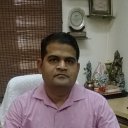
Area of Interest: Tribology and Maintenance
E-Mail: [email protected] Contact: 0751-2409231

Area of Interest: Industrial Design, Solar Energy
E-Mail: [email protected], [email protected] Contact: 0751-2409313
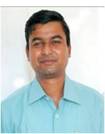
Area of Interest: Solar Thermal
E-Mail: [email protected] Contact: 0751-2409312

Area of Interest: Supply Chain Management
E-Mail: [email protected] Contact: 0751-2409232
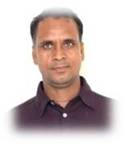
Area of Interest: Metallurgical Engineering
E-Mail: [email protected] Contact: 0751-2409235
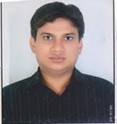
Area of Interest: Production Engineering
E-Mail: [email protected] Contact:

Area of Interest: CAD
E-Mail: [email protected] Contact:

Area of Interest: CAD/CAM
E-Mail: [email protected] Contact:
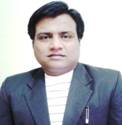
Area of Interest: Stress and Vibration Analysis
E-Mail: [email protected] Contact:
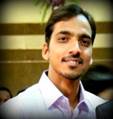
Area of Interest: Production Engineering, Tribology
E-Mail: [email protected] Contact:
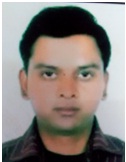
Area of Interest: Thermal and Fluid mechanics
E-Mail: [email protected] Contact:
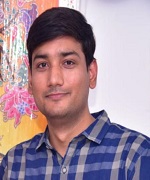
Area of Interest: Mechanical Vibration, Condition Monitoring, Nonlinear Dynamics, Fault Diagnosis
E-Mail: [email protected] Contact:
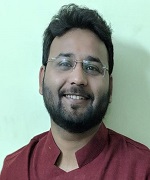
Area of Interest: Spray Forming, Composite Materials, Tribology
E-Mail: [email protected] Contact:
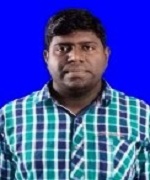
Area of Interest: Mechanical System Design, FEA, Biomechanics, Biomaterials, Biomedical Engg
E-Mail: [email protected] Contact:
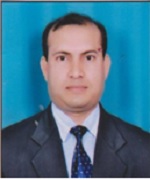
Area of Interest: Advanced machining processes, Laser based manufacturing.
E-Mail: [email protected], Contact:
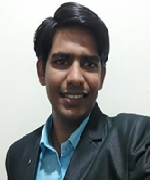
Area of Interest: Fibre reinforced polymer (FRP) composites
E-Mail: [email protected] Contact:
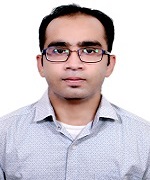
Area of Interest: Fluid and Thermal Sciences
E-Mail: [email protected] Contact:
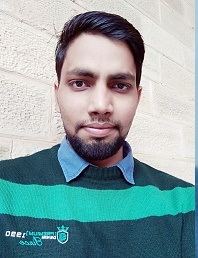
Area of Interest: Machine Design
E-Mail: [email protected] Contact:
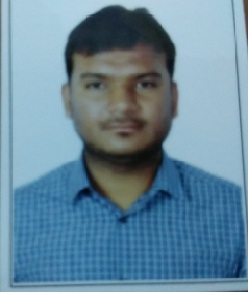
Area of Interest: Thermal and Fluid Engineering
E-Mail: [email protected] Contact:
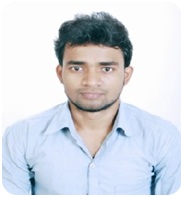
Area of Interest: Thermal and fluid Engineering
E-Mail: [email protected] Contact:
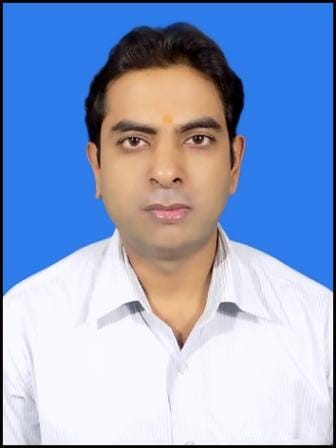
Area of Interest: Thermal Engineering
E-Mail: [email protected] Contact:
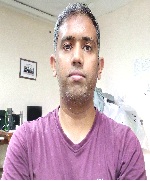
Area of Interest: Robotics,System Dynamics & Control, Multibody Dynamics, Biomechanics
E-Mail: [email protected] Contact:
| Name | Contact |
|---|---|
| Mr. sanjay Tiwari | 9425770820 |
| Mr. Mahaveer Singh Kushwah | 9202756229 |
| Mr.Ram Mahor | 7879334866 |
| Mr. Sunil Kumar Baghel | 9826249750 |
PO1 Engineering knowledge: Apply the knowledge of mathematics, science, engineering fundamentals, and an engineering specialization to the solution of complex engineering problems.
PO2 Problem analysis: Identify, formulate, review research literature, and analyze complex engineering problems reaching substantiated conclusions using first principles of mathematics, natural sciences, and engineering sciences.
PO3 Design/development of solutions: Design solutions for complex engineering problems and design system components or processes that meet the specified needs with appropriate consideration for the public health and safety, and the cultural, societal, and environmental considerations.
PO4 Conduct investigations of complex problems: Use research-based knowledge and research methods including design of experiments, analysis and interpretation of data, and synthesis of the information to provide valid conclusions.
PO5 Modern tool usage: Create, select, and apply appropriate techniques, resources, and modern engineering and IT tools including prediction and modeling to complex engineering activities with an understanding of the limitations
PO6 The engineer and society: Apply reasoning informed by the contextual knowledge to assess societal, health, safety, legal and cultural issues and the consequent responsibilities relevant to the professional engineering practice. \
PO7 Environment and sustainability: Understand the impact of the professional engineering solutions in societal and environmental contexts, and demonstrate the knowledge of, and need for sustainable development.
PO8 Ethics: Apply ethical principles and commit to professional ethics and responsibilities and norms of the engineering practice.
PO9 Individual and team work: Function effectively as an individual, and as a member or leader in diverse teams, and in multidisciplinary settings.
PO10 Communication: Communicate effectively on complex engineering activities with the engineering community and with society at large, such as, being able to comprehend and write effective reports and design documentation, make effective presentations, and give and receive clear instructions.
PO11 Project management and finance: Demonstrate knowledge and understanding of the engineering and management principles and apply these to ones own work, as a member and leader in a team, to manage projects and in multidisciplinary environments.
PO12 Life-long Learning: Recognize the need for, and have the preparation and ability to engage in independent and life-long learning in the broadest context of technological change.
PSO1 Find out, articulate the local industrial problems and solve with the use of Mechanical Engineering tools for realistic outcomes.
PSO2 Make a product related to Mechanical Engineering and allied engineering fields.
©2018 MITS, Gwalior Web Administrative Team
